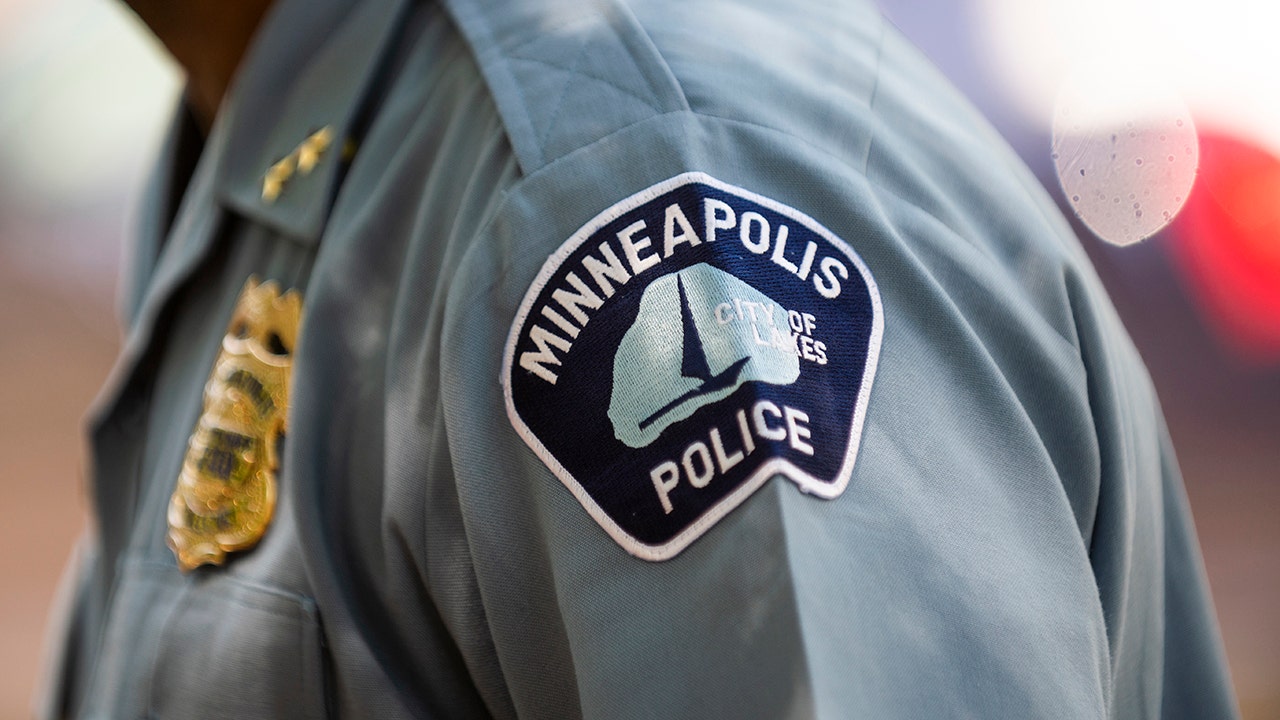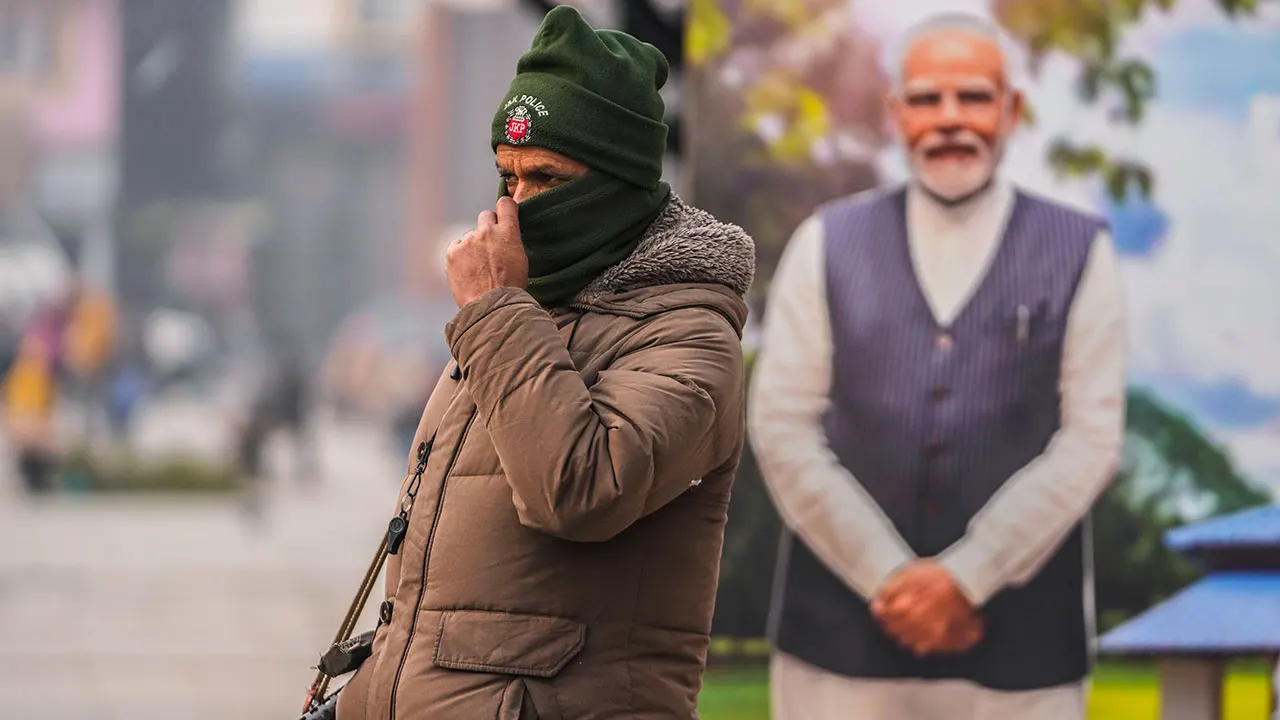Hundreds of demonstrators in New Haven, Conn., gathered late on Wednesday to denounce a visit by Israel’s far-right national security minister, who had been invited to speak at an event near Yale University’s campus.
Some demonstrators hurled water bottles at the official, Itamar Ben-Gvir, as he left the event at Shabtai, a private Jewish intellectual discussion society based at Yale that is not affiliated with the university. More than 300 protesters had assembled outside the Shabtai house over several hours, waving Israeli and Palestinian flags, according to the student newspaper, the Yale Daily News.
Earlier, a large group of students briefly erected a small tent encampment on the Yale campus plaza in protest of Mr. Ben-Gvir’s appearance.
Mr. Ben-Gvir has long stood on the fringes of Israeli politics and has been widely criticized for his extreme views. He was barred as a teenager from serving in the Israeli army because he was seen as too extremist. For some time, he had a portrait in his home of a man who shot dead 29 Palestinians in a West Bank mosque in 1994.
The confrontation Wednesday came as Columbia, Harvard and other elite universities have been targeted by the Trump administration, which has cut billions of dollars in federal funding to the schools, including over assertions that some have become bastions of antisemitism. (Yale is not included on a list of 10 schools that a federal antisemitism task force has identified for particular attention.)
On Wednesday, Harmeet Dhillon, a top attorney in the civil rights division of the U.S. Department of Justice, responded on X to a video posted by a Jewish student who said that he had been blocked from walking through campus by an earlier protest that was separate from the demonstrations at the Shabtai house.
The Justice Department is “tracking the concerning activities at Yale” and “was in touch with affected students,” Ms. Dhillon said.
The protests were reminiscent of the demonstrations against the war in Gaza that rocked Yale and other universities across the nation last spring, and suggested that campus administrators could contend with unrest in the coming weeks, even as large-scale, disruptive student protests have been far less common this semester compared with a year earlier.
At Columbia, where students in recent weeks have protested the federal detention of pro-Palestinian campus organizers, the school’s public safety office said on Wednesday that it had also been “made aware of possible plans to establish encampments.” The school said in an email to students that while it values “free expression and the right to protest,” any tents that are erected will immediately be removed.
During the demonstration Wednesday evening near Yale’s campus, some students were also struck by water bottles, the student newspaper reported. The New Haven police said that one man, who was not a student, had kicked cars as they drove by and had been arrested and charged with disorderly conduct and interfering with an officer.
The confrontation came on Mr. Ben-Gvir’s first official trip to the United States since he rejoined the government of Prime Minister Benjamin Netanyahu in March.
The decision to invite the national security minister to the event sparked immediate backlash, including from some current and former Jewish students at Yale, who pointed to his criminal convictions for incitement to racism and support for a terrorist group.
More than 40 Jewish alumni wrote in a letter this week that Mr. Ben-Gvir’s “celebration of hatred and revenge” was inconsistent with their Jewish values. Twenty Jewish clergy members who graduated from Yale called him “a danger to all Israelis and Palestinians.”
Mr. Ben-Gvir’s office said in a statement to CNN that water bottles had been thrown at him but that he was not injured and was in “good health.”
“Minister Ben-Gvir refused to leave the scene and made a V sign at them, as a sign of victory,” his office said.
Rabbi Shmully Hecht, Shabtai’s co-founder and rabbinical director, did not respond to a request for comment. But Rabbi Hecht told the Jewish Telegraphic Agency, an international news and wire service, that he admired Mr. Ben-Gvir, who he said “promotes what he believes is best for his people that democratically elected him.”
The conflict erupted as some former Yale students have expressed concerns that their alma mater could come under fire from the Trump administration.
Thousands of alumni signed a letter this month to Yale’s president, Maurie D. McInnis, that called on administrators to take a “courageous stance in defending higher education against assaults by the federal government.”
“Yale should take action now, before it becomes a target,” the letter said. “By remaining silent and lobbying behind closed doors, you may fare better than other institutions in the short term, but in the long term, you will assist in the general degradation of higher education in this country.”
A Yale spokeswoman did not respond to a question about the alumni petition, but noted in a statement that Wednesday’s event with Mr. Ben-Gvir did not take place on campus, and was organized by an independent organization that does not receive Yale funding.
In a separate statement on Wednesday, Yale said that the tent encampment was unauthorized, and that some participants had previously been warned or disciplined for violating university rules. Those students received written notices that “they are subject to immediate disciplinary action,” the school said.
The statement said that the university had revoked the club status of a pro-Palestinian student organization, Yalies4Palestine, which school officials said had “sent out calls over social media for others to join” the demonstration and had, along with another group, taken credit for the event in public statements.
The club wrote on Instagram that “disbanding a group doesn’t stop a movement.”
“They cannot silence us,” the post said. “FREE PALESTINE.”
Uri Cohen, the executive director of the Slifka Center, which is affiliated with the university’s Hillel chapter, criticized the tent encampment, describing it as “highly reminiscent” of demonstrations last spring and condemning the calls for “intifada” — an Arabic word generally translated as “uprising” — that were part of online discussions of the event.
Mr. Cohen praised the Yale administration’s response to the encampment.
“Through its actions this week, Yale stood up for itself and for all its students by invoking discipline in response to policy violations,” he wrote in a letter to the center on Thursday.















